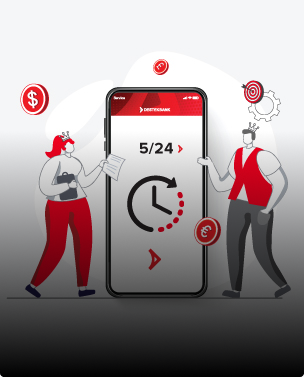
Foreign Exchange Transactions
Full support from Destekbank for your foreign exchange transactions
Detayli Incele
Foreign Exchange Transactions
Full support from Destekbank for your foreign exchange transactions
Detayli Incele-
For You
-
Geri Invesment
-
Geri Digital Channels
-
Geri Payments
-
-
For Your Business
-
Geri Loans
-
Geri Invesment
-
 Foreign exchange transactions Foreign exchange transactions at Destekbank!
Foreign exchange transactions Foreign exchange transactions at Destekbank! -
 Daily Repo Daily Repo transactions at Destekbank!
Daily Repo Daily Repo transactions at Destekbank! -
 Forward Manage your currency risk with Destekbank Forward transactions!
Forward Manage your currency risk with Destekbank Forward transactions! -
 Option Option transactions at Destekbank!
Option Option transactions at Destekbank! -
 FX Swap FX Swap transactions at Destekbank!
FX Swap FX Swap transactions at Destekbank! -
 Cross Currency Swap (XCS) Cross Currency Swaps at Destekbank
Cross Currency Swap (XCS) Cross Currency Swaps at Destekbank -
 Interest Rate Swap (IRS) Interest Rate Swap Transactions at Destekbank!
Interest Rate Swap (IRS) Interest Rate Swap Transactions at Destekbank!
-
-
Geri Investment Banking
-
Geri Digital Channels
-
Geri Payments
-







